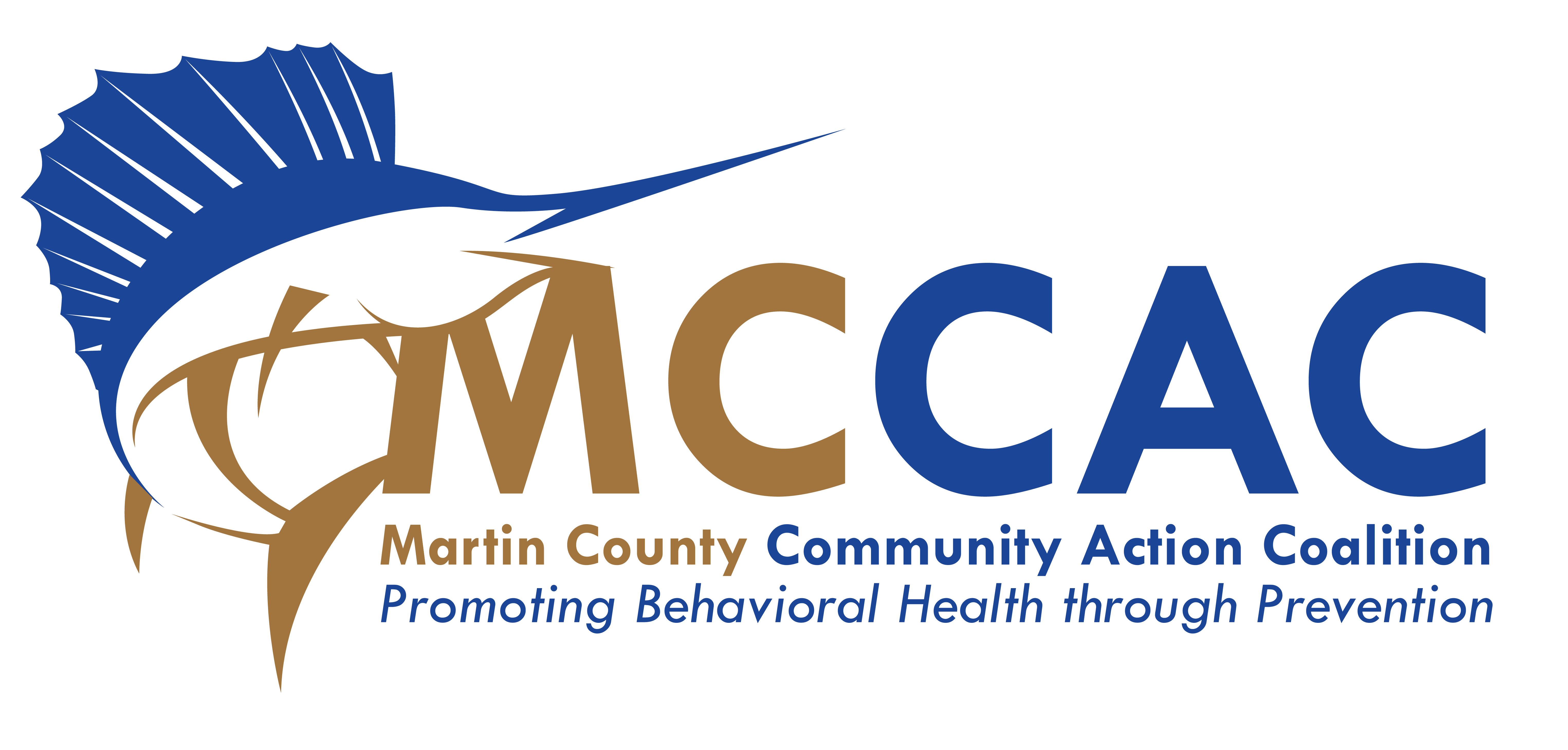Be Informed
No one ever said parenting would be easy. Even the best-skilled, most caring parents may have trouble with their children, especially when it comes to substance abuse.
Truth is, your children will have to make his or her way in a world that is filled with opportunities to use drugs, so you have to be knowledgeable about the risks associated with drugs, communicate with your child about drugs, and know what actions are needed if you suspect your son or daughter is using drugs.
But here is the good news: teens who learn about the risks of drugs and alcohol from their parents are far less likely to use than those who do not. You are still the biggest influence in your teen's life, and you can help your teen stay safe and make healthy choices.

